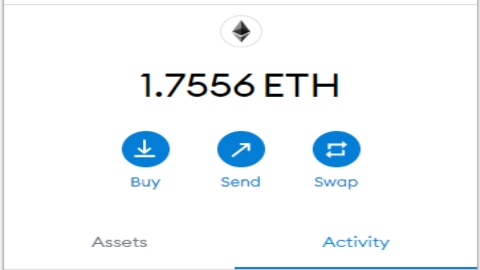- Several entities in the crypto sector submitted offers, but the football club rejected them
- The Catalan club are said to be in the final stages of sealing a deal with Spotify.
Cryptocurrencies have gained mainstream adoption in recent months, leading to an intersection between the industry and other niches. In particular, cryptocurrency firms and brands have injected large sums of money into various sports, especially in the US and Europe.
When it comes to the United States, crypto platforms have targeted major professional sports leagues, including the NBA and MLB. In Europe, crypto entities have targeted the top professional football clubs as they guarantee high exposure, crucial for brand awareness. Earlier this month, Tezos announced a deal with Premier League club Manchester United that will see the club’s training kit bear the Tezos brand.
Barcelona is not open to crypto sponsors
In anticipation of the expiry of the deal with current sponsors Rakuten, FC Barcelona have been looking for another deal. Being one of the biggest clubs in the world, Barcelona has attracted many potential sponsors who are willing to fork over a large amount of funds to replace Rakuten in July.
Cryptocurrency entities have not been shy about presenting their offers. Reports suggest that the cryptocurrency exchange Binance and the blockchain platform Polkadot they showed interest in becoming the club’s next main shirt sponsors.
Polkadot offered $110 million for a five-year term, while Binance is said to have put forward a 4-5 year deal worth around $80 million. Outside of the cryptocurrency sector, the club has seen interest from other brands such as Spotify and Vegan Nations, with the former the ultimate winner.
However, according to a report Tuesday of the Spanish sports media Sportthe president of the club, Joan Laporta, does not seek to establish links with entities in the cryptocurrency sector despite their lucrative offers.
The report did not directly mention Binance or Polkadot, although they submitted their offers last month. The club board noted the “lack of confidence in the sector and the lack of economic solidity of the proposals” as the justification for rejecting crypto deals.
